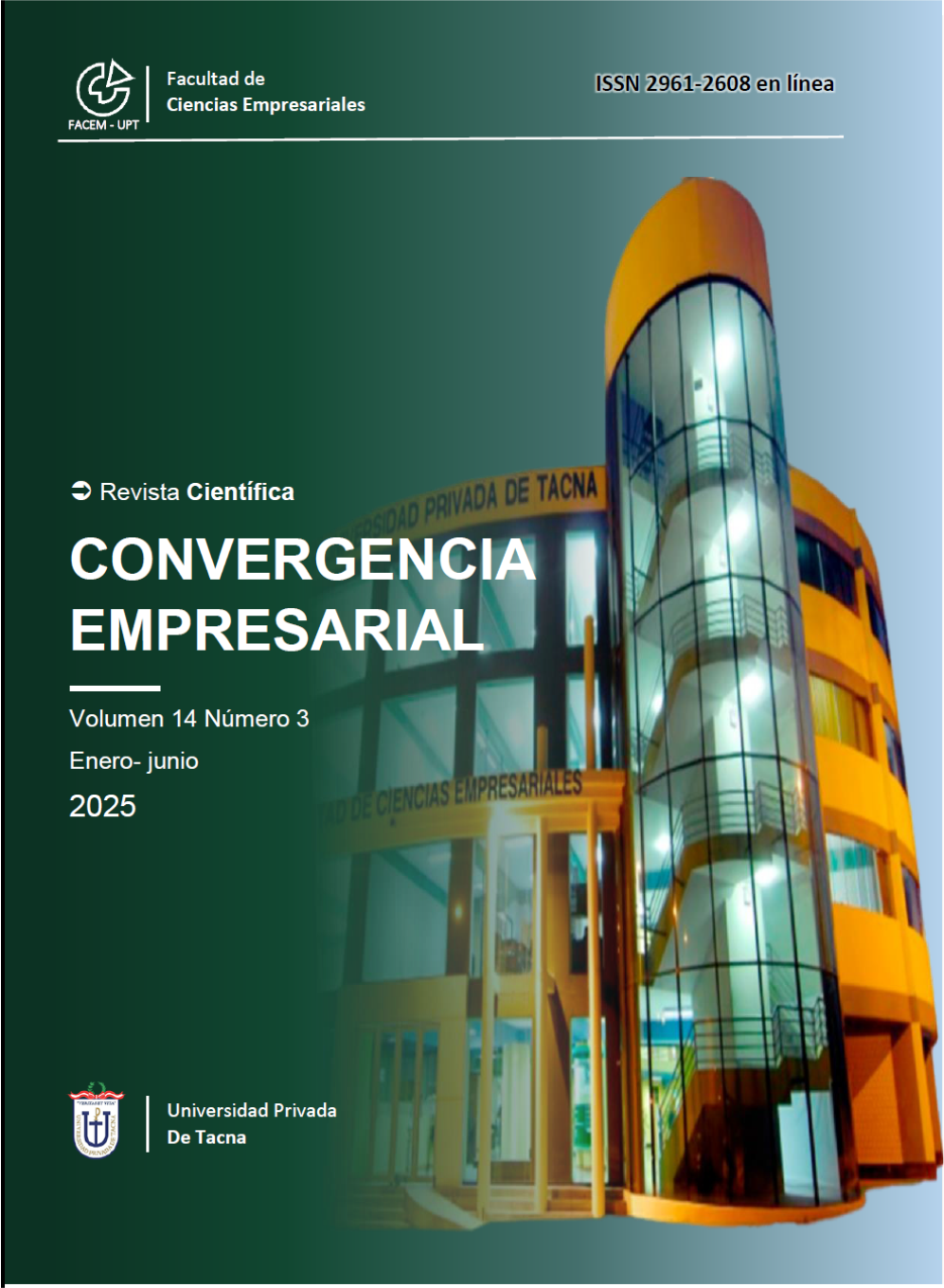Public Management and the Development of Smart Tourism Destinations
DOI:
https://doi.org/10.47796/ce.v14i01.1263Keywords:
Public management, productive economy, environmental sustainability, governance and participation, Smart Tourism Destinations, accessibility, connectivityAbstract
The present article aimed to determine the relationship between Public Management and the Development of Smart Tourism Destinations. Understanding this relationship is essential to build tourism management models that respond to the current challenges of the sector, promote territorial innovation, and ensure long-term inclusive and sustainable development. This is a non-experimental, causal-explanatory research of a cross-sectional nature with a quantitative approach. The study was conducted on a nonrandom sample of 108 students from the Faculty of Business Sciences of the Private University of Tacna. A questionnaire with a Likert scale measurement scale was administered. The instrument was validated using the Crombach Alpha method, with the following values: (0.811) for Public Management and (0.905) for Smart Tourism Destination Development. The results indicate a moderate-high relationship (C=0.505) between Public Management and the Development of Smart tourism Destinations. It is concluded that there is statistical evidence confirming that Public Management and the Development of Smart Tourism Destinations are significantly related.
Downloads
Downloads
Published
Issue
Section
License
Copyright (c) 2025 Reyna Luz Arias Carrillo, Huanca Coronado8 Huanca Coronado8, Silvia Bazán Velásquez

This work is licensed under a Creative Commons Attribution 4.0 International License.


